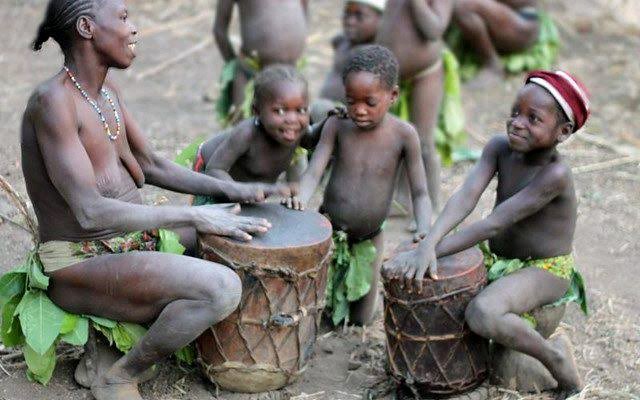Beautiful, colourful, and bright are just a few adjectives that come to mind when describing the Meskel Festival, the first big festival of the Ethiopian religious year.
The Meskel Festival is an ancient festival unique to the Christian faithful in Ethiopia and is celebrated annually.
The highly regarded and timeless festival marks the discovery of the True Cross upon which Jesus Christ was crucified, and as such Christian faithful and tourists converge on the 27th of September every year or on 28th in a leap year to commemorate the celebration of the Meskel festival.
The feast is celebrated at Meskel Square, named after the festival, in the Ethiopian capital of Addis Ababa.
The word “Meskel”, according to Wikipedia, is from the Ge’ez language that translates to “cross”. So, the festival is a celebration of the cross.
The festival dates back to the fourth century when the mother of Roman Emperor Constantine, Queen Helena, was said to have received divine guidance through a dream to the location where the True Cross of Jesus was buried.
In commemorating the day, the celebration begins on the eve of the festival with the burning of a large bonfire called Demera by a procession of Christians presided over by a patriarch of the Ethiopian Orthodox Church at Meskel Square.
As part of its uniqueness, the Demera is achieved with the use of flowers called the Meskel Flowers, which are gathered around large firewood and then set on fire in line with the festival’s history.
The Meskel flowers are beautiful yellow daisies tied together on top of branches into Demera before being set on fire.
The beauty of the culture of the people sets into play when the bonfire is burning as the people sing around the Demera until it burns entirely into ashes.
Usually, as in other festivals, the Demera, which precedes the Meskel festival, involves eating, drinking, dancing and other joyful celebrations, which are replicated on the primary festival day.
The festival is not limited to only church members as priests and deacons from churches around the city come out in their beautiful ropes carrying drums and ornate crosses used in religious ceremonies.
Let it not be mistaken that the festival is celebrated in the city alone – far from it, because even in their localities, those who cannot afford to be in the city commemorate the day by making their small Demeras.
They gather and burn a torch natively called Chibo in every locality, wait for it to burn to ashes, and give their interpretations depending on the ashes’ direction.
It is expected to rain to signify a prosperous year on the same day.
The following day, the actual Meskel festival, the people go to the place where they burnt the Demera, pick up the ashes, and use them to draw the sign of the cross on their foreheads, symbolising their devotions to God.
Then the feasting and celebrations follow as it is considered they have found the cross.
Going by the history of the Ethiopian Orthodox Church, the discovery of the location of the True cross happened in March. Still, the faithful have taken to September to celebrate the feat to abstain from any form of celebration during the Christian Lenten period, which usually takes place in March.
In all of these, do the people go through this process annually just to feast and dance? The answer is no because a lot of significance is attached to the festival by the Ethiopian Orthodox Christians.
For one, like other Christians elsewhere, the people believe that the cross signifies the death of Christ, which brought forgiveness from sins and love to all believers, so it is a celebration of hope and love.
To them, it helps to promote their spiritual lives as it reconciles families, builds social bonding, and ensures peaceful coexistence in society.
The direction of the smoke when the bonfire collapses is also believed to predict the future.
With the changes and advancements that take place daily in all spheres of life, one would think the Ethiopian Orthodox Christians would abandon the age-long festival for other things. Still, they look forward to the Meskel Festival so much that even within the country, people travel from one locality to another to celebrate with family members.
Though it is termed a religious festival, Meskel has become a national festival in Ethiopia. Since 2013, it seats conveniently on the Representative List of Intangible Cultural Heritage of Humanity of the United Nations Educational, Scientific and Cultural Organisation (UNESCO).


